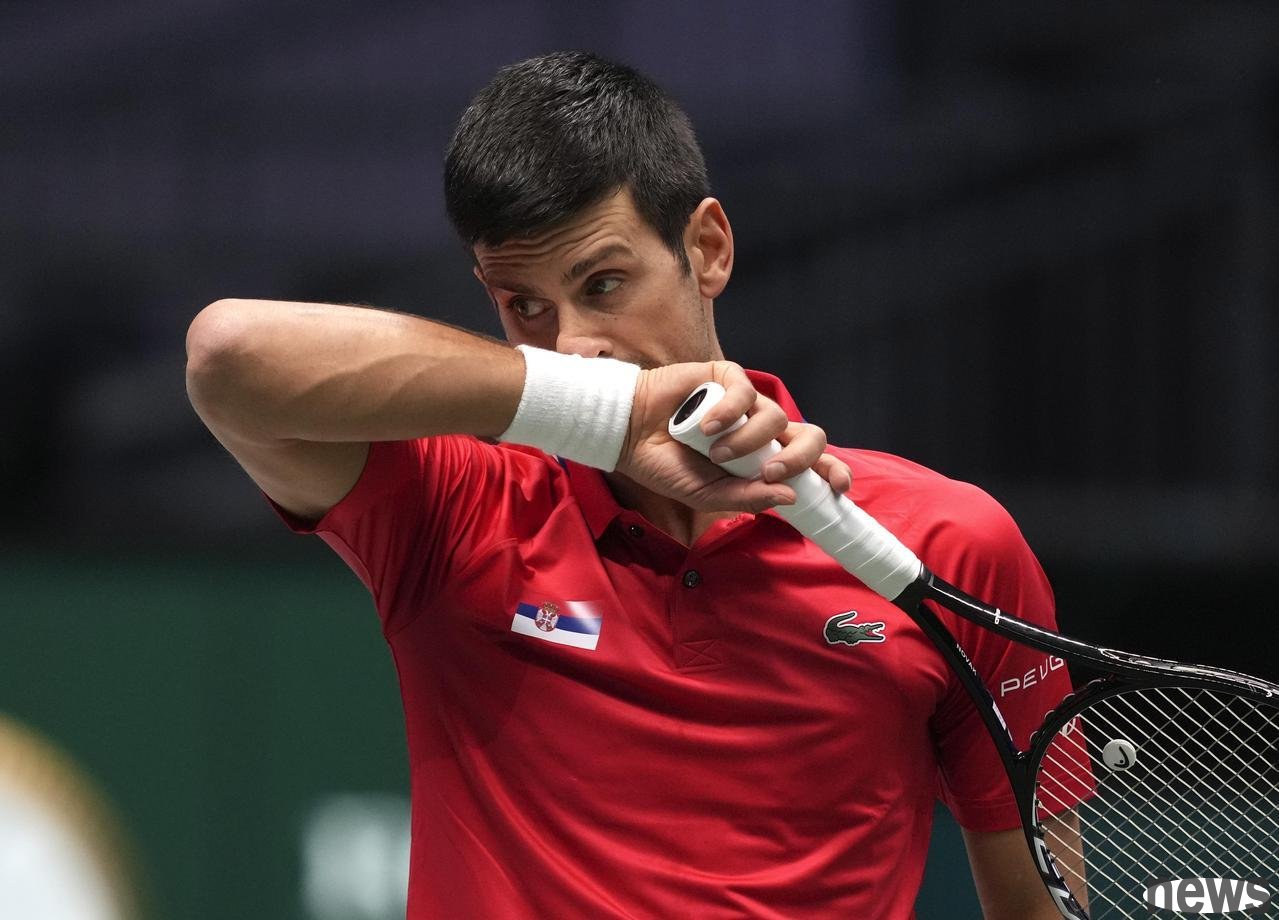
I went to the ceremony (2022-11-1) to publish a new book "Vegetarian Sportsman": Another extreme dietary commentary, pointing out that there is a new book about to be published soon, its name is "Vegetarian Sportsman: Top-notch candidates, medical experts, creating a healthier body through plant-based diets", and it is translated from the 2021-6-15 edition of The plant-Based Athlete: A Game-Changing Approach to Peak Performance. Three days later, I have shown that vegetarianism can improve sports performance? Medical Certification? , pointed out that there are currently no scientific evidence that vegetarianism can improve sports performance.
In fact, this method of using the reputation of athletes to market products is already a habit, but the successful athletes will have superior health knowledge if they don't know it. They may even adopt some dietary habits that are harmful to health, or wear some so-called "energy" products. Please see: Can you believe the food information published by celebrities from
{999Cylinder ring
American Serie Viagra stickers, scientific certificate?
Q-Link: Lightless copper line light safety symbol
Regarding this topic, a paper was published in the journal Sports Medicine on June 10 this year. Its title is Baseless Claims and Pseudoscience in Health and Wellness: A Call to Action for the Sports, Exercise, and Nutrition-Science Community, and the abstract is: "The value estimate of the global health and health industry is 4 10,000 USD. Profits come from health club membership qualifications, exercise courses, diets, supplements, alternatives to “conditions” and thousands of other products and services designed to improve health, recovery and/or sports performance. The business is expanded at a surprising rate, far beyond the ability of federal agencies to monitor the market and protect the interests of consumers. As a result, many products are in no way statutory or terrible Suspicious evidence for legality and safety and effectiveness of the scientific law. Here we discuss the impact of a mismatch between extraordinary health and performance statements and extraordinary scientific evidence. Specifically, we explore how sick science and the so-called “rapid repair” precautions break down measures aimed at striking long-term behavioral changes, hindering the ongoing pursuit of sports performance, and leading to clinical decisiveness Focus on downstream consequences. In addition, health and wellness science, if not stopped and challenged, may have a profound impact on the reputation of sports science as a subject. This is an action call to join sports scientists around the world to challenge the unfounded initiative and sick science in the business health and wellness industry. In addition, we must shoulder the responsibility to ensure the next generation of sports Scientists have sufficient skills to separate science from the dissertational sciences, and to separate information from false information and false information. Better population health, sports performance and academic reputation may depend on it. ”
Regarding why athletes commit to dissertational sciences, there are two articles worth referring to:
Published in Science-Based in 2021 Medicine (Scientific-based Medicine) Olympic Pseudoscience-Tokyo Edition (Olympic Science-Tokyo Edition). Point: "Why is sick science so common in Olympics? When you are in this level of competition, even the slightest advantages can affect whether or not they are on the prize table, so it is not surprising that athletes and their coaches want to get any possible advantages. This may lead to consolation effects and produce slight psychological advantages. Perhaps the coaches are simply Don't care if the precaution is really effective. If their athletes believe this, they may think that it will bring them psychological advantages. At these Olympics, we sometimes see the impact of psychology and mental health on athletes. ”
Why published on Psyche in 2020 do so many athletes turn to extreme and unproven remedies? (Why is this arbitrary and unproven remedies?).
1. Elite sports encourage the attitude of "to win at all costs". Except for the highest-paid people, everyone else is not paid high, and sportsmen are under great pressure and need to receive bonuses and praise through performances. In addition, they began to realize how sports success affects their careers. When the difference between gold and silver can be infinitely small, it is understandable that athletes will usually pursue any potential advantage they can pursue, regardless of how it looks like a replacement (without scientific basis).
2. Consolation agents can produce strong psychological effects. Some experts believe that psychological advantages in sports are more important than physical advantages. When a sportsman feels tired and distressed and desperate to resume training, scientific integrity may not be their primary consideration. Most elite athletes (67%) said when surveyed that as long as they can effectively improve their performance, they will be happy to accept the fraud introduced by condolences..
3. Dissatisfaction or distrust of traditional science, and/or rejection of social regulations. Regarding nutrition advice, many athletes believe in the opinions of peers rather than those of qualified experts, which is a symptom of a broader social problem. As American scholar Tom Nichols discusses in his book The Death of an Expert (2017), over the past decade, the rise of anti-scientific movement and unprecedented attacks on scientists around the world, so a method of practice is popular only because it violates the established order.
4. Sports sponsorship is another important factor. The American athletes who won the Olympic gold medal will receive a $37,500 bonus, but the British athletes don’t have any bonus at all. Therefore, many athletes will choose to form sponsorship agreements with marketing agencies, using their big social media followers to engage in advertising.
Original text: Why do elite sportsmen vote in science